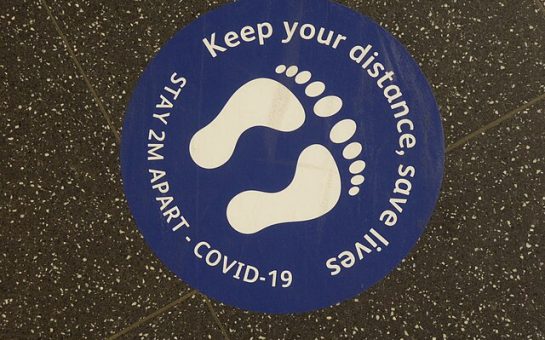People worldwide have adapted to the ‘new normal’ following Covid-19’s rapid spread which brought the world to a halt.
With restrictions now lifted in England, including the mandatory use of face coverings and social distancing, we look at how attitudes have changed over the last 18 months.
Using YouGov’s COVID19 behaviour tracker, we compare behaviour changes recorded on five key dates:
Fear of catching Covid
As word of the virus became an increasingly frequent topic on the news, only 24% were concerned about contracting Covid-19 at the start of March 2020.
At this point in time, 40 cases had been confirmed in the UK.
The numbers shot up drastically just three weeks later as the UK went into lockdown and by then over 2000 cases were recorded.
As of July 2021, with over half the population fully vaccinated, 42% say they are afraid of contracting the virus – a nearly 20% drop from the first lockdown but an 18% rise compared to the start of March 2020 before any restrictions were put in place.
Being out and about
Early on, just 14% of people claimed to have been avoiding public places to protect themselves and towards the end of March 2020, this grew to 80%.
The beginning of the first lockdown and the sharp jump in cases could have been reasons behind the rise.
Public opinion on going out and gathering together fluctuated over course of the pandemic as the UK went in and out of lockdown, the Eat Out to Help Out scheme was introduced and more and more people were testing positive.
Despite the reopening of nightclubs and lifting of most restrictions, over half say they will continue to avoid public spaces.
Wearing a mask
Perhaps one of the biggest changes to daily lives as well as the one met with the most apprehension.
At the start of March 2020, just 1% of respondents said they will be wearing face coverings in public.
Within nine months, with recorded cases at over 24,000 as many as 75% were now on board with wearing masks while out.
This has dropped to 71% as of July 2021 compared to 76% in November 2020.
Keeping clean
At first, just one in three people claimed to be cautious for their personal hygiene.
As reports encouraged hand washing as part of battling the virus, this went up to 75% by the time the first lockdown began.
This drops to just over half of respondents by November 2020 and then even further down to 45% in July 2021, just four days before the so called ‘Freedom Day.’
When compared to the general sentiment at the start of the pandemic, the figures show that 10% more people are cautious about their hygiene.
Photo credit: Uriel Mont from Pexels



